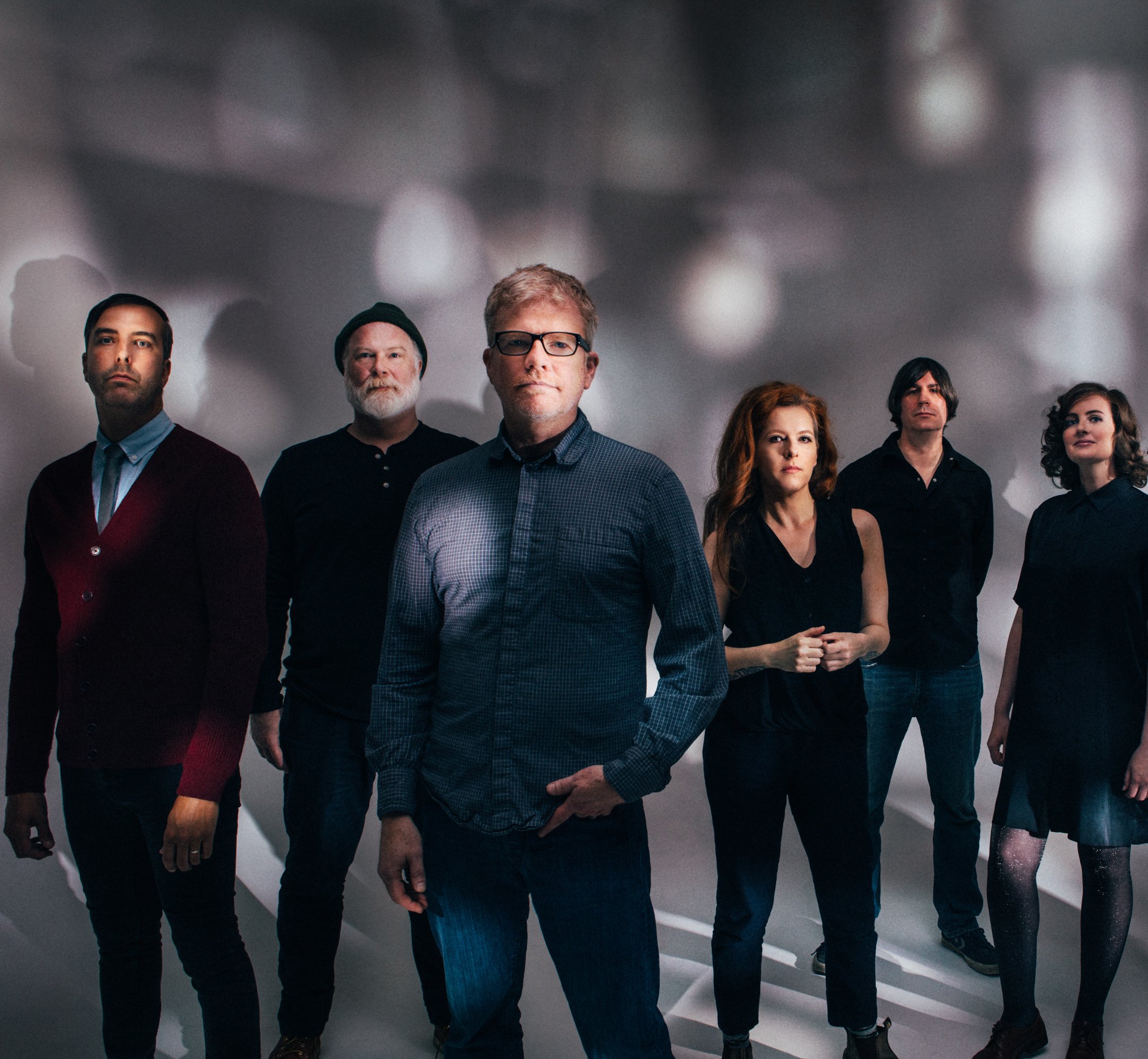Alison Crutchfield Works on Her Boundaries

The former member of Swearin' is trying to draw stronger lines between her personal and professional lives.
When Allison Crutchfield described Tourist in This Town as a “feminist break-up record,” she meant she was revisiting one of rock ’n’ roll’s most common concepts, but her way. “I think anything I make will a feminist record because as an artist, that affects everything that I make, even though this is an album about a fucking break-up,” she says. In the punk band Swearin’, her feminism was up front; this time around its more nuanced. Her split with Swearin’ bandmate Kyle Gilbride gave the album its starting point, but it came to be about other relationships and other men and the network of feelings and attitudes she cycled through as she processed their split.
“It’s a record about self-love,” she says. “It’s a record about letting yourself hit a low point and being present through all of that.”
Crutchfield will play Gasa Gasa Tuesday with her band The Fizz, and we all will be lucky if our low points sound as vital as hers. Crutchfield doesn’t romanticize her heartbreak, instead zeroing in on moments and contexts that draw out the doubts and fears and anxieties that relationships quiet. There’s a lot of anger in the songs, and Crutchfield counts off all the things “you” did wrong—though to be fair, she cops to her flaws too. Still, she does so in songs that catch immediately because Tourist in This Town is, she admits, “poppy.”
“That’s just who I am. I think I’m always going to be a person who writes pop songs.” In this case, Crutchfield’s pop sense was heightened by producer Jeff Zeigler, whose collection of vintage synths added texture and scope to the songs. “I’ve never heard anything I’ve done sound so big,” she says. She always envisioned Tourist in This Town as being a synth-based project because Swearin’ had a no keyboards policy, but when she wrote the songs, half started on synths and half started on guitar. “I love playing keyboards live,” she says. “I feel more comfortable singing while playing a keyboard.”
Crutchfield recorded the album six months after writing it and a year after the events that led to the songs. She was on tour for part of that time, so she could keep notes and lines, but she wasn’t in a good position to demo songs. Because of that, the recording process itself became emotional and therapeutic. Some feelings came back to her too quickly and too easily, while she felt a safe distance from others.
“I don’ t feel embarrassed, but I’m definitely in a different place now,” she says.
As a result of the sessions, Crutchfield is trying to place some boundaries on herself and her writing. Her personal and artistic lives have been intertwined from the start when she was in the band P.S. Eliot with her sister Katie, who would go on to perform as Waxahatchee. When her relationship with Gilbride ended, so did Swearin’, but she’d like changes in one part of her life to have less of an impact on the other.
“I’m such a confessional songwriter,” she says. “I’m an open book, one hundred percent.” On Tourist in This Town, that kind of songwriting meant that others’ stories became part of her songs, and not just Gilbride’s. “There are a lot of people involved, and there are a lot of people who hear this record and know that there are songs about them.” That everybody has to deal with them is an unexpected consequence of what Crutchfield considers an unlikely chain of events. She never expected that Merge Records would put the album out or that it would get the warm response that it did. Because of that, she’s getting interviewed and has to talk about Gilbride and the other relationships in varying degrees.
“Not only am I talking about a relationship I had with a person I’m still friends with and still care about and have him have to deal with this unwanted attention,” Crutchfield says. “The record is not just about him. And that’s a lot of responsibility that I didn’t think about because I didn’t know it was going to become what it’s become. I’m grateful and I’m navigating it and having some of those difficult conversations, but it’s certainly been a learning experience for me.”
She thinks she’s more guarded now in interview situations, but she’s not sure. “I didn’t really think about the consequences,” she says. Fortunately, the album is its own reward, and Crutchfield is very pleased with that. “It’s rare that I feel that a record is finished when I leave that studio, and I really feel that way.”






